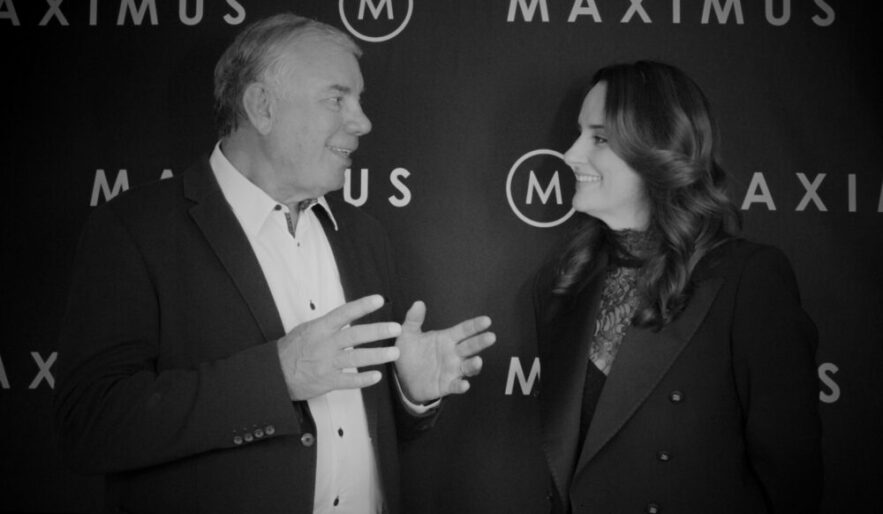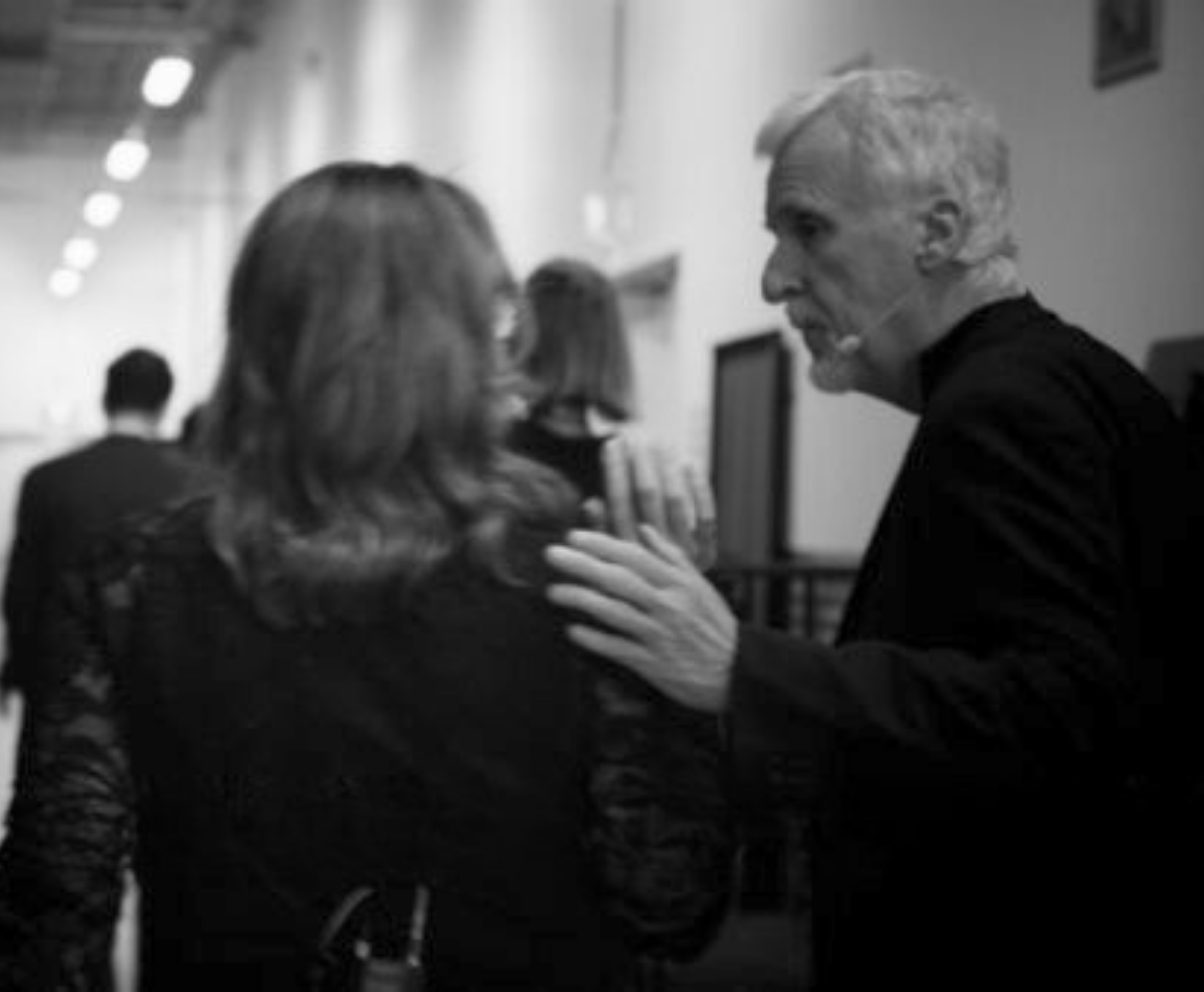This content is best enjoyed on PC. If accessing via a mobile phone, please download the PDF here.

Walking With Purpose: Maximus Supports Suncorp’s Spirit to Cure 2025
This year, Maximus is incredibly proud to be supporting Suncorp’s Spirit to Cure 2025. Our team will be participating in walks across Sydney, Brisbane, and Melbourne, standing alongside Suncorp in solidarity and support of this critical cause.








